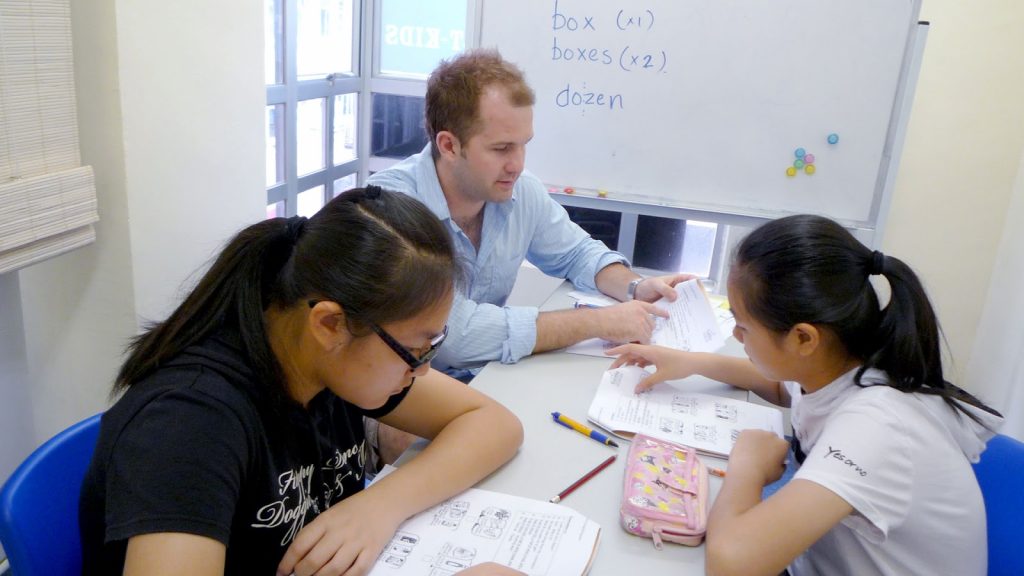Your salaries tax can be paid in 2 installments, in January and April of the following year separately.
Examples
A. I earned a salary of $40,000 and contributed $1,500 to a Mandatory Provident Fund (MPF) Scheme per month as from 1 October 2021. How is Salaries Tax computed for 2021/22?
| Year of Assessment 2021/2022 |
| Income ($40000 x 6 months) |
$240,000 |
| Less: MPF contributions ($1,500 x 6 months) |
($9000) |
| Net Total Income |
$231,000 |
| Less: Basic allowance |
($132,000) |
| Net Chargeable Income |
$99,000 |
| |
|
| Progressive Rate |
|
| Salaries Tax payable – First $50,000 (2% progressive) |
$1,000 |
| Balance $49,000 x 6% |
$2,940 |
| Salaries Tax payable at progressive rate |
$3,940 |
| |
|
| Standard Rate |
|
| Salaries Tax at standard rate $231,000 x 15% |
$34,650 |
| |
|
| Salaries Tax payable (the smaller amount) |
$3,940 |
| Less: 100% Tax reduction (capped at $10,000*) |
($3,940) |
| |
$0 |
(*Note – Government Tax Refund) For 2021/22, 100% of the final tax payable under profits tax, salaries tax and tax under personal assessment would be waived, subject to a ceiling of $10,000 per case.
B. Do I have to pay Provisional Salaries Tax (PST) for 2022/23?
Yes, the Salaries Tax demand note for you consists of two components:
| 2021/22 Salaries Tax |
$0 |
| 2022/23 PST |
$38,100 |
| Total Salaries Tax Payable |
$38,100 |
Calculation of PST for 2022/23 is based on the income for 2021/22, but grossed up to 12 months, as follows:
| Year of Assessment 2022/2023 |
| Income ($40000 x 12 months) |
$480,000 |
| Less: MPF contributions ($1,500 x 12 months) |
($18,000) |
| Net Total Income |
$462,000 |
| Less: Basic allowance |
($132,000) |
| Net Chargeable Income |
$330,000 |
| |
|
| Progressive Rate |
|
| Salaries Tax payable – First $200,000 (2-14% progressive) |
$16,000 |
| Balance $130,000 x 17% |
$22,100 |
| PST payable at progressive rate |
$38,100 |
| |
|
| Standard Rate |
|
| Salaries Tax at standard rate $462,000 x 15% |
$69,300 |
| |
|
| PST payable (the smaller amount) |
$38,100 |
C. Questions A & B show that my total tax payable is $38,100 (Salaries Tax required 2021/22 [$0] + Provision Salaries Tax 2022/23 [$38,100]). When do I pay? Do I pay by two instalments?
Normally you would be asked to pay the sum of $38,100 by 2 instalments as follows:
| |
Amount Payable |
Due date |
| 1st instalment |
$28,575 ($38,100 x 75%) |
Around Jan 2023 |
| 2nd instalment |
$9,525 ($38,100 x 25%) |
Around April 2023 |
By 1 January 2023 you would have earned income for 9 months to 31 December 2022 (75% of annual income). By 1 April 2023 you would have earned income for the 12 months to 31 March 2023. Hence, paying provisional tax is not paying tax in advance, nor paying tax on future income.
















